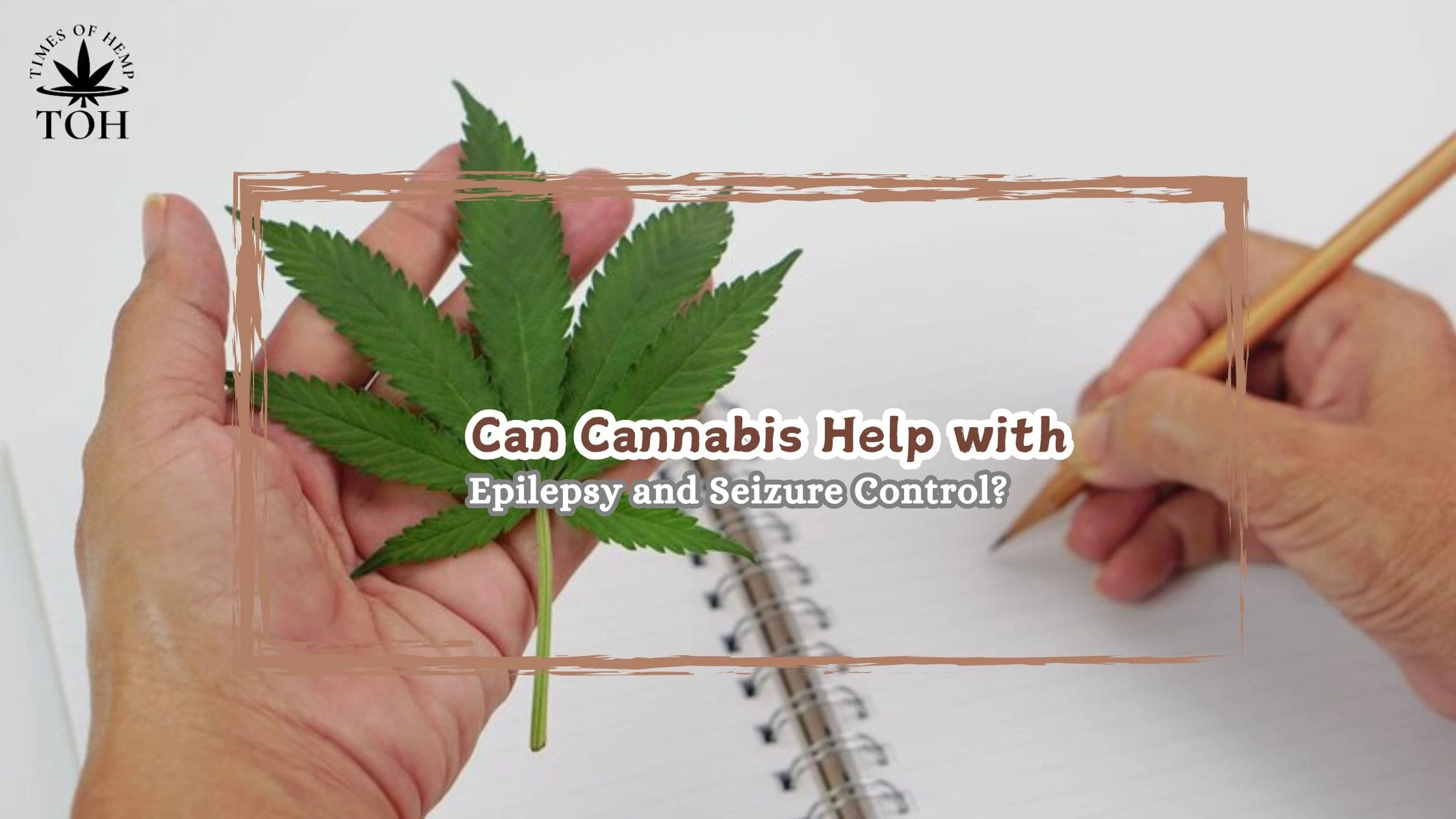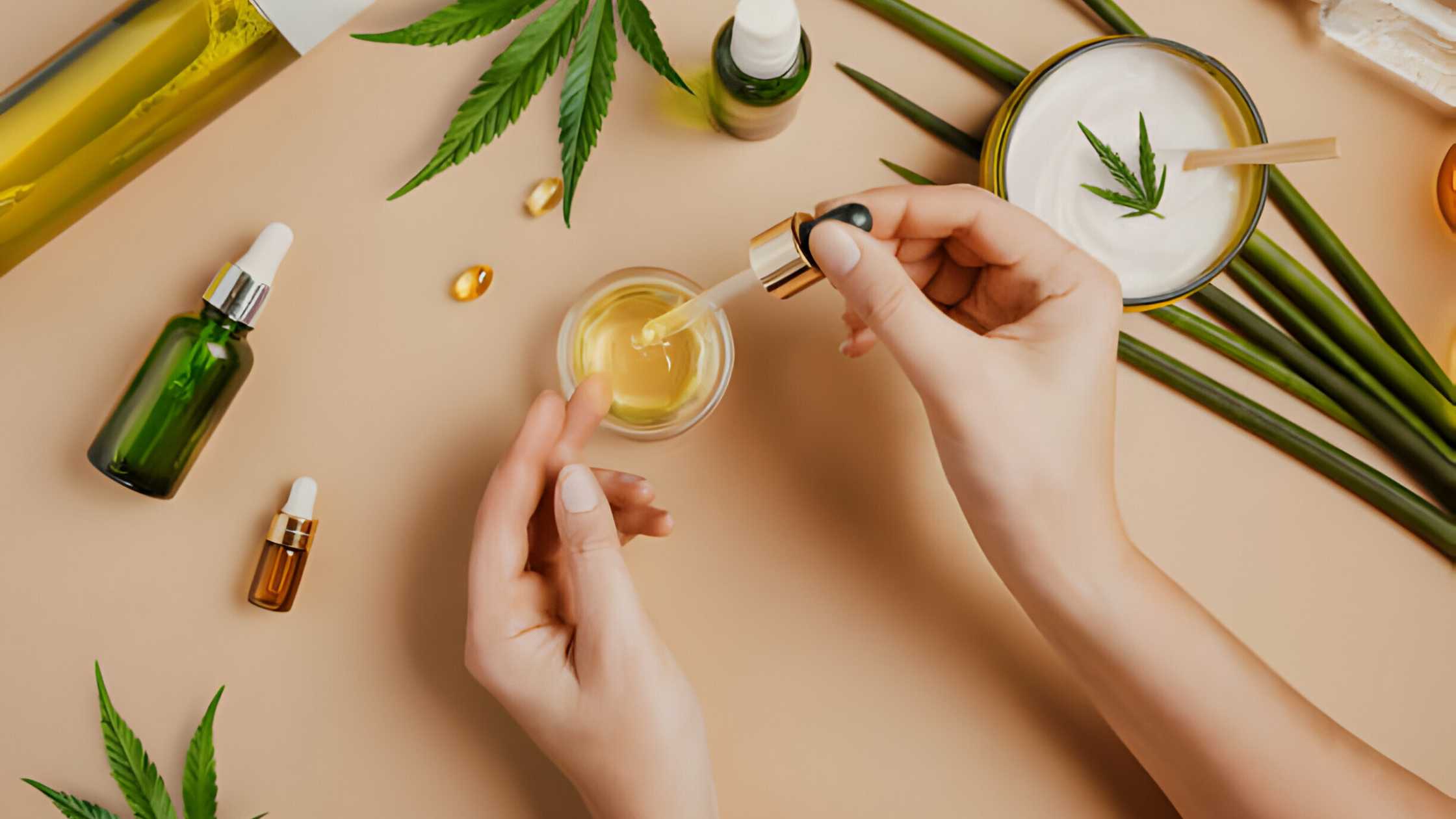The use of CBD oil has become increasingly popular recently, and everyone is talking about the advantages it may have. Some people have hailed CBD as a miraculous cure since it can do everything from relieve pain to lower anxiety. But with so much information accessible, it’s important to distinguish between reality and fiction. We will explore CBD oil in this extensive blog, learning about its history, possible advantages, safety, legal status, and more.
Understanding CBD:
Cannabidiol, sometimes known as CBD, is one of the numerous substances present in the cannabis plant. Tetrahydrocannabinol, an a+ relative of CBD, does not result in intoxication or a “high” sensation. It isn’t psychoactive, but it has drawn interest because of its possible medicinal benefits. Here is everything to know about CBD oil. Read further to explore more about CBD oil.
Origins of CBD Oil:
Where Does CBD Oil Come From?
Industrial hemp plants, which are cannabis plants with negligible THC levels (less than 0.3% in the United States), are used to make CBD oil. Several extraction techniques, such as solvent-based or CO2 extraction, are used to get the oil high in CBD.
Potential health benefits of CBD oil
Pain Relief: One of the leading causes for which individuals use CBD oil is to manage pain. Studies indicate that CBD may interact with the endocannabinoid system to lessen pain and inflammation, making it potentially beneficial for ailments including chronic pain and arthritis.
Anxiety and despair: For some people, CBD has shown promise in reducing the symptoms of anxiety and despair. It could function by affecting serotonin receptors in the brain, which control mood.
Epilepsy and Seizures: The FDA has authorized the use of Epidiolex, a CBD-based medication, to treat specific types of epilepsy. Numerous studies have been done on CBD’s anticonvulsant abilities, and they are promising in lowering seizure frequency.
Neuroprotective Effects: In the context of neurodegenerative disorders like Alzheimer’s and Parkinson’s, researchers are looking into CBD’s possible neuroprotective qualities.
Sleep disorders: Some people claim that using CBD oil improves the quality of their sleep. Its calming effects make people fall asleep more quickly and sleep better.
Acne Management: CBD’s anti-inflammatory effects may help with acne management by lowering sebum production and soothing inflamed skin.
The Endocannabinoid System (ECS) and CBD:
Understanding the endocannabinoid system (ECS) is crucial to comprehend how CBD functions in the body. The body’s extensive network of receptors, known as the ECS, is essential to preserving homeostasis. Because of its interactions with the ECS, CBD can explain its range of impacts on different physiological systems.
Safety and side effects:
After knowing about the intoxicating effects of CBD, the question will arise: is CBD oil safe? The answer to this question is here: when CBD is taken in the right amounts, it is often considered safe for most individuals. However, some people may have negative symptoms, including dry mouth, tiredness, diarrhoea, and changes in appetite. Furthermore, CBD might interfere with some medicines, so it’s essential to speak with a doctor before using it, especially if you’re on prescription medications. Because the effects of CBD can be harmful if taken without proper advice from a physician.
Legality of CBD
The question at this stage is obvious: is CBD oil legal? So, the answer is that CBD is legal in certain countries but with few restrictions. CBD products may be severely regulated or even illegal in certain jurisdictions while being lawful in others as long as they have low quantities of THC. Learning about and comprehending the CBD regulations in your jurisdiction is critical.
Types of CBD Products
To accommodate different tastes, CBD oil is available in a range of formats. Several well-liked goods include:
CBD Tinctures: These liquid extracts are often taken sublingually (under the tongue) for quick absorption.
CBD Capsules: The enclosed CBD oil provides a precise and practical manner to take CBD.
CBD Topicals: These are CBD-infused creams, lotions, and balms intended to be applied topically to the skin.
CBD Edibles: Snacks, sweets, and drinks with CBD added offer another method to take CBD.
CBD Vapes: CBD-infused e-liquids or cartridges made for inhalation and vaping.
CBD dosage
Determining the ideal CBD dose may be a trial-and-error process because it differs based on the individual’s body chemistry, the ailment being treated, and the product’s concentration. Starting with a modest dose and increasing it over time is typical.
Quality and Independent Testing
When buying CBD oil, it’s essential to prioritize safety and quality. Choose goods from reliable producers that undergo independent testing to confirm their efficacy and purity.
Misconceptions about CBD
Like any popular product, there are a lot of myths and misconceptions about CBD. Common misunderstandings about CBD include comparing it with THC, thinking of it as a panacea, and anticipating quick benefits.
Future Directions and Research:
Despite extensive study on CBD, much more has yet to be discovered about its potential advantages and modes of action. More scientific research is being done to study CBD’s many applications as public interest in it grows.
Conclusion
Finally, CBD oil is gaining popularity for its potential as a natural treatment for various health issues. Making wise choices about adding CBD to your wellness regimen requires responsible use, thorough research, and contact with medical experts. When purchasing CBD products, always put safety and quality first. Then, take advantage of the possible advantages that this attractive component could have for you.
The realm of CBD may offer even more fascinating insights as the study deepens, realizing its full potential and making significant contributions to holistic health and modern medicine. Meanwhile, proceed with caution, educate yourself, and enjoy learning about the potential benefits of CBD oil as you go towards a better and happier life.





